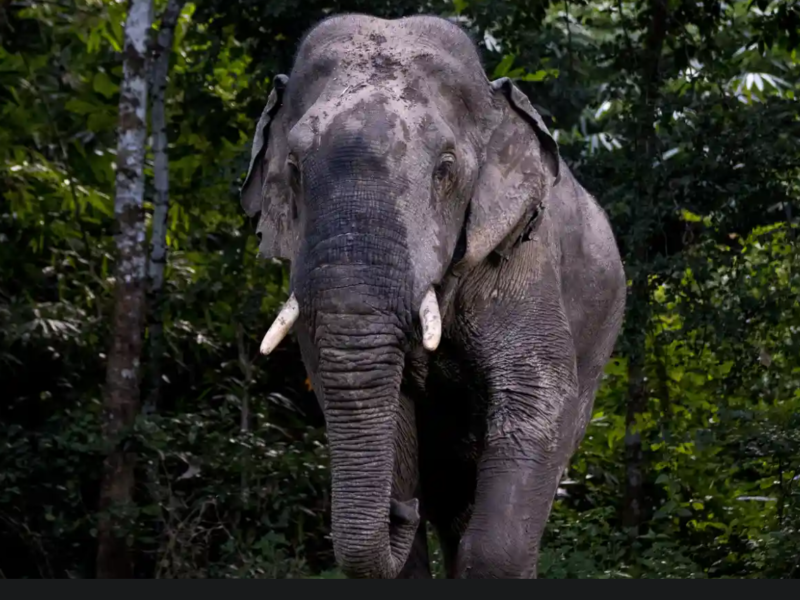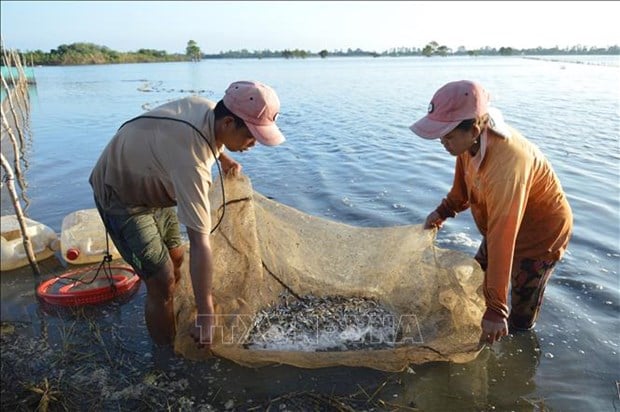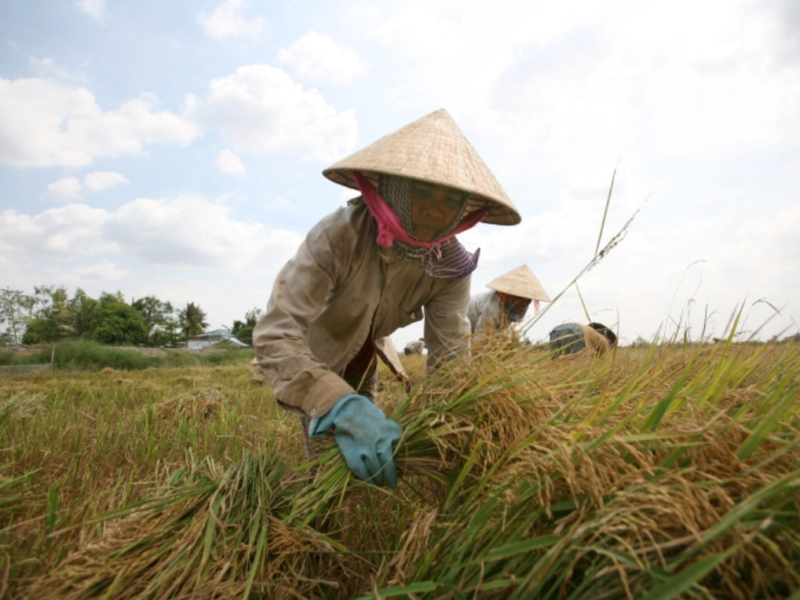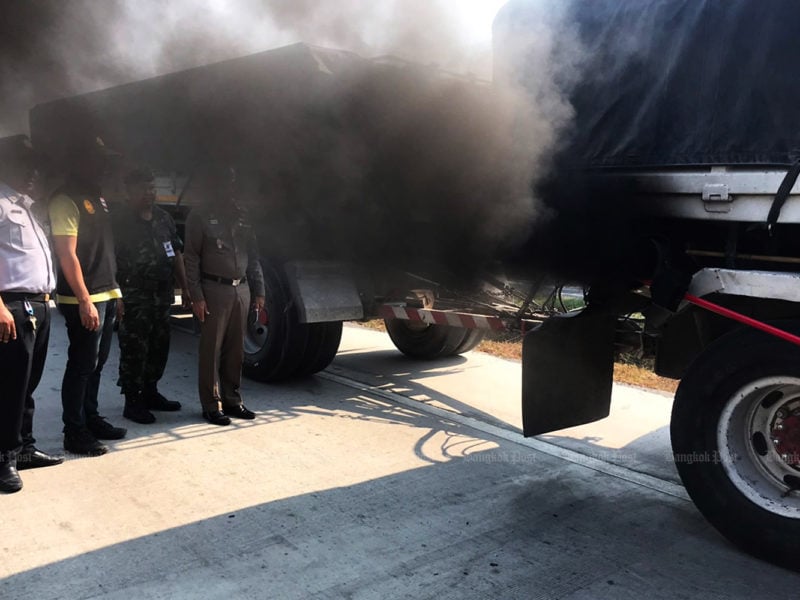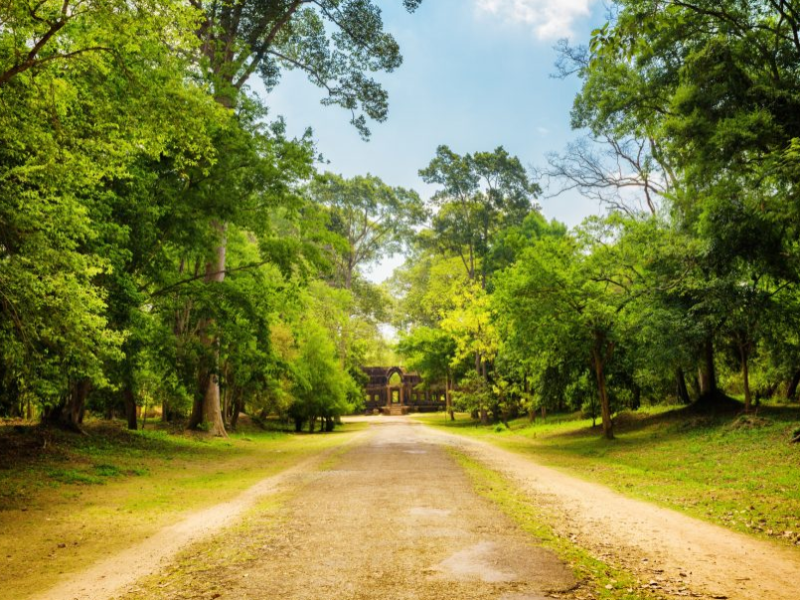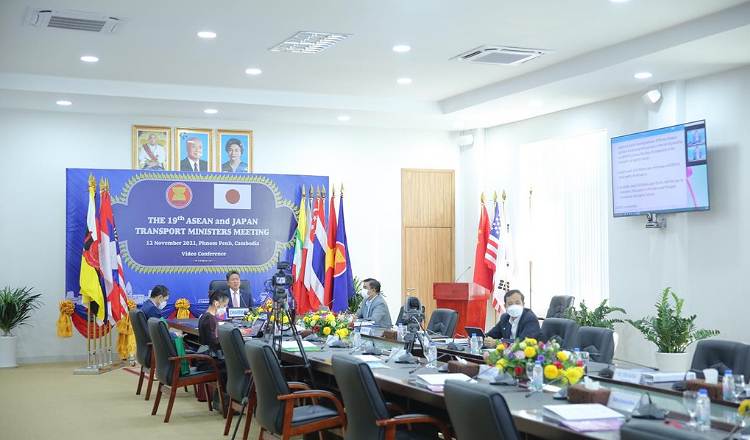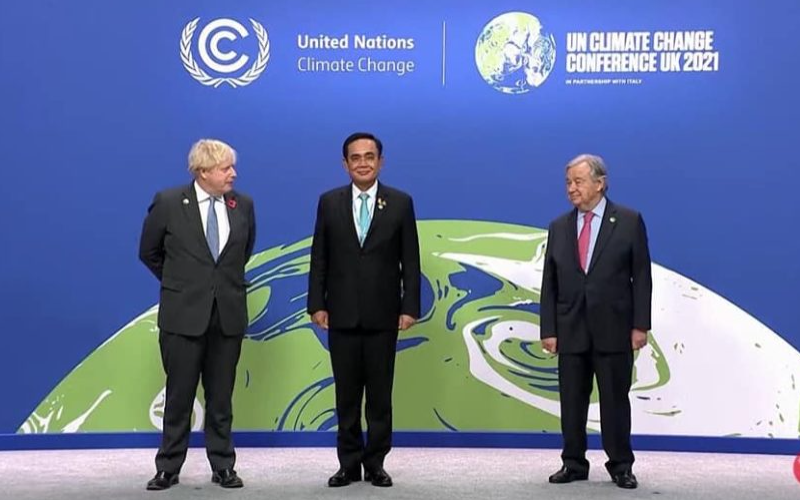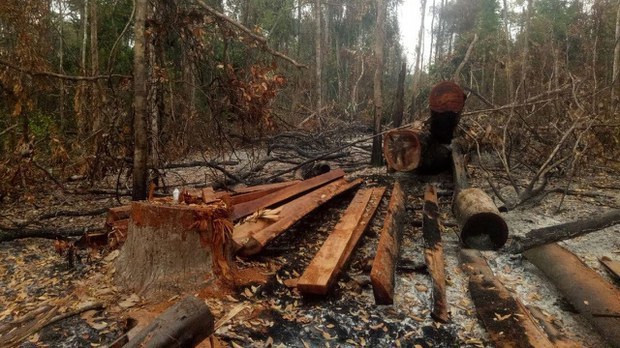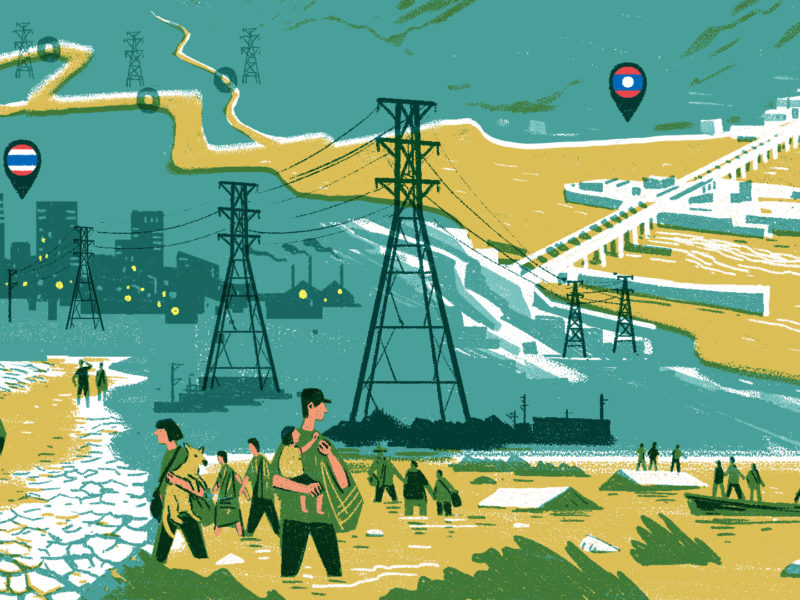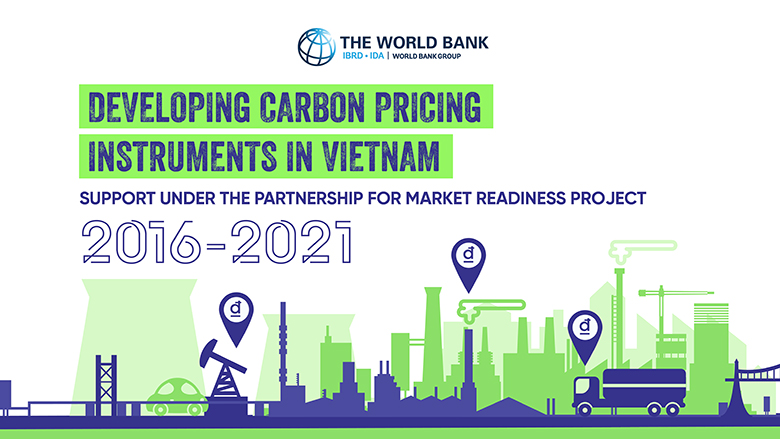Researchers warn that the competition for resources will intensify. “In Thailand the forest areas are still decreasing, and we have many, many projects that try to make developments inside the forest,” says Bhichet, adding that in 1933, 43% of Thailand was forested; by 2019 this had fallen to just under 32% of the country.
Category: Article
Results of flood-based livelihood project in Mekong Delta reviewed
It aims to implement farmer demonstrations of low-risk, flood-based livelihoods across about 470 hectares of rice-growing land and retain some 8.5 million cu.m of flood water.
Blitz on smoky cars to curb PM2.5 smog
The Pollution Control Department (PCD) aims to reduce PM2.5 air pollution by 25% by imposing the maximum punishment under the traffic law on any driver whose vehicle produces black smoke caused by poor maintenance.
Will Cambodia Commit to Protecting Its Forests?
Over the past two decades, Cambodia has lost 28 percent of its tree cover — equivalent to 2.46 million hectares, according to the Global Forest Watch dataset. The annual rate of wood loss expanded by almost 300 percent during the same period.
Cambodia has built 15,000 km of paved roads and 20 bridges across the Mekong, Bassac and Tonle Sap rivers
Funding for Cambodia’s infrastructure comes from a number of development partners, including China, Japan, Korea, the World Bank, the Asian Development Bank, Thailand, Vietnam, and national budget. Therefore, Cambodia does not rely on China for 100% financing for its infrastructure development as often alleged.
What Was Thailand Doing at the COP26 Summit?
Thailand didn’t make bold climate commitments or sign key agreements reached at the conference. So why was Prayut in Glasgow?
Cambodia’s Hun Sen blames deforestation on the country’s poor
Cambodian prime minister Hun Sen blamed the country’s poor this week for the country’s growing loss of forest cover, saying authorities should now demolish all wooden houses built after 1979 to reclaim the materials from which they were built.
Locked in – Why Thailand buys electricity from Laos
The Thai National Energy Policy Committee recently decided to purchase electricity generated by three planned hydropower projects on the Mekong River in Laos. Not surprisingly it’s the low purchases prices Thailand is able to lock in that makes Laos’ hydropower a major player in Thailand’s energy market, all the while brushing aside the incalculable, and mounting, social and environmental impacts of dams and reservoirs necessary to produce it.
Carbon pricing aids Vietnam’s efforts towards decarbonization
Vietnam’s revised Law on Environmental Protection (LEP) to be effective as of January 1, 2022 legalizes the establishment of a carbon market. The carbon market aims to address multiple goals: reducing greenhouse gas (GHG) emissions, enhancing Vietnam’s contribution to global climate change goals, and encouraging greener and cleaner technology innovation.


